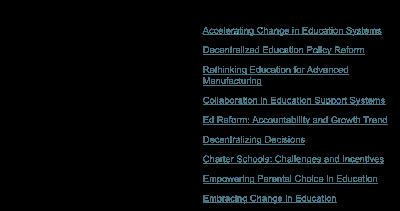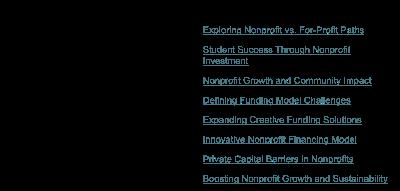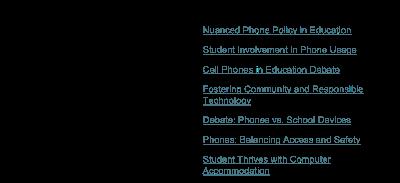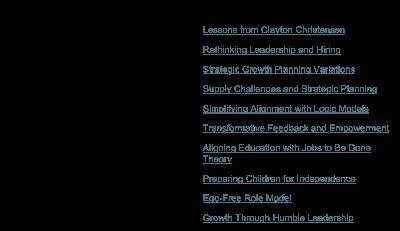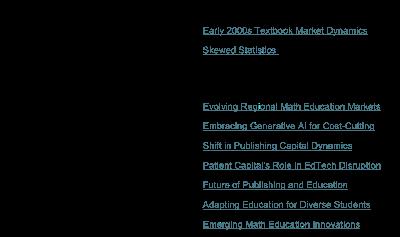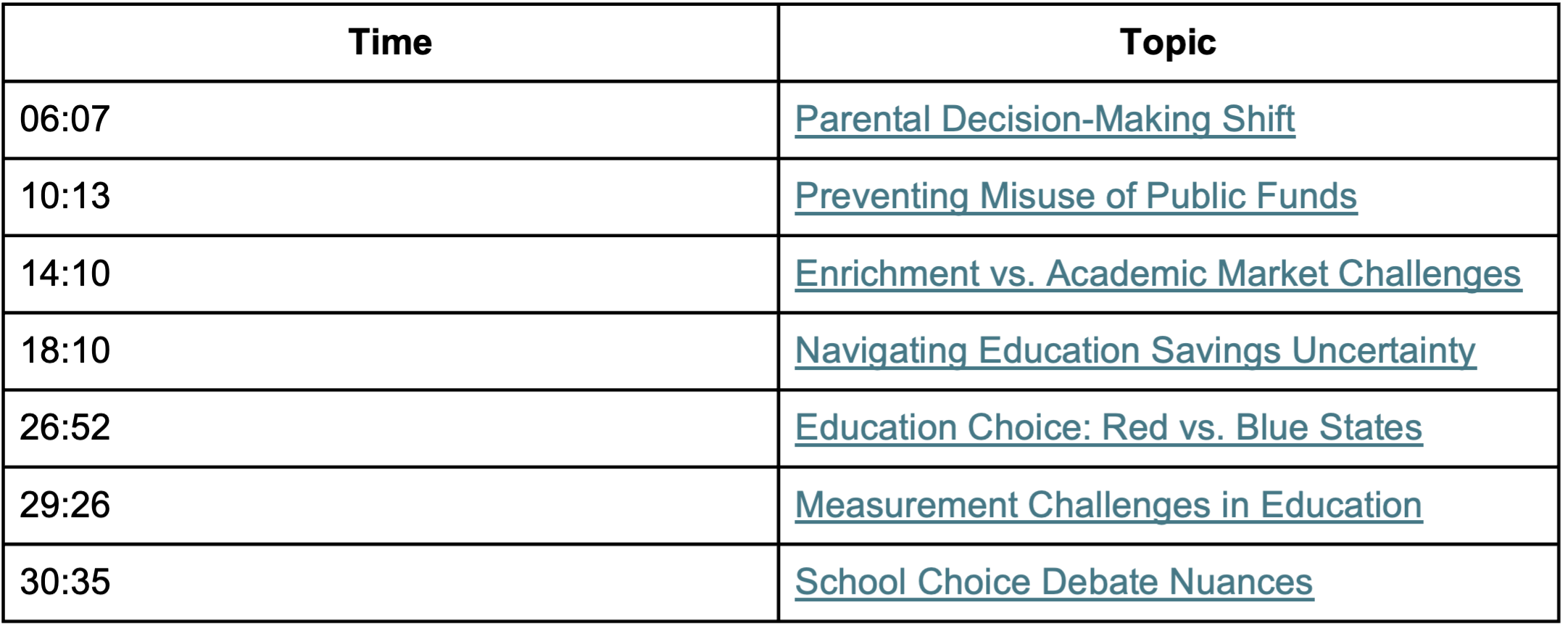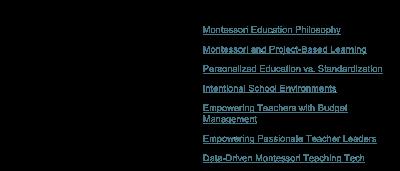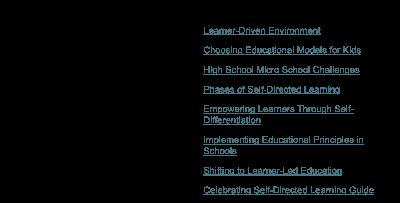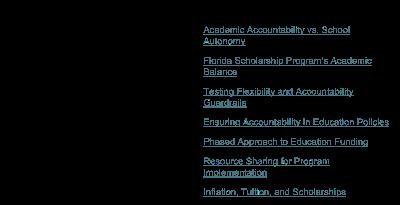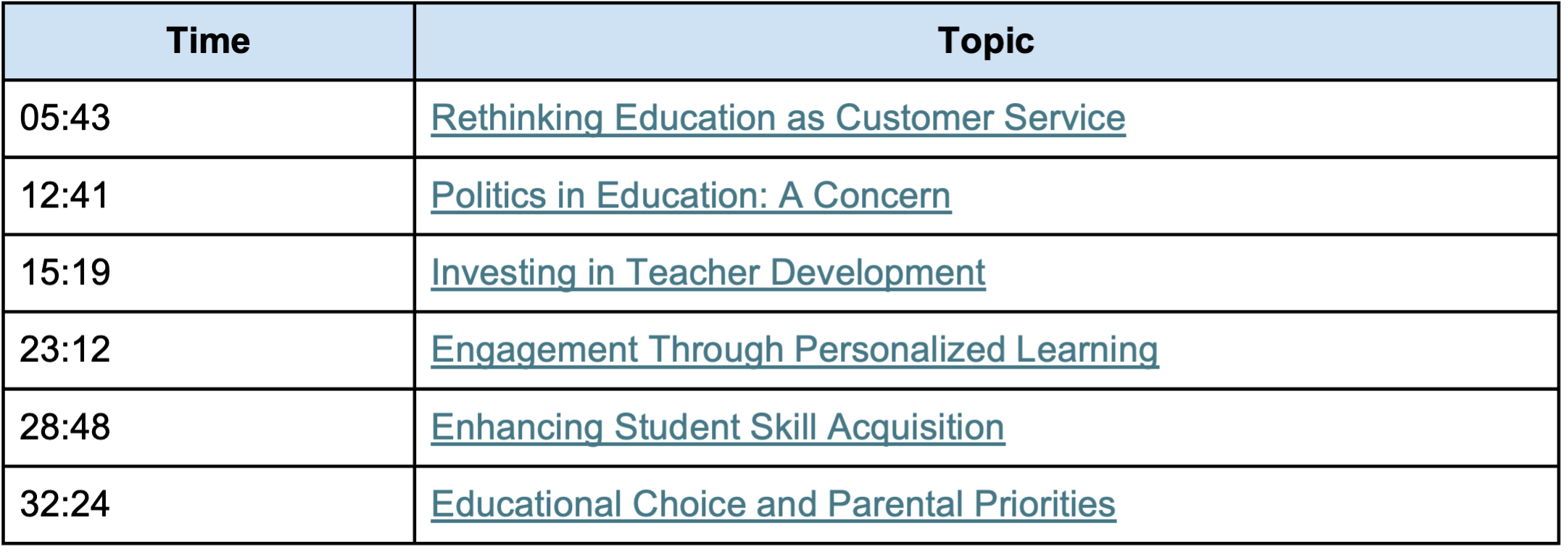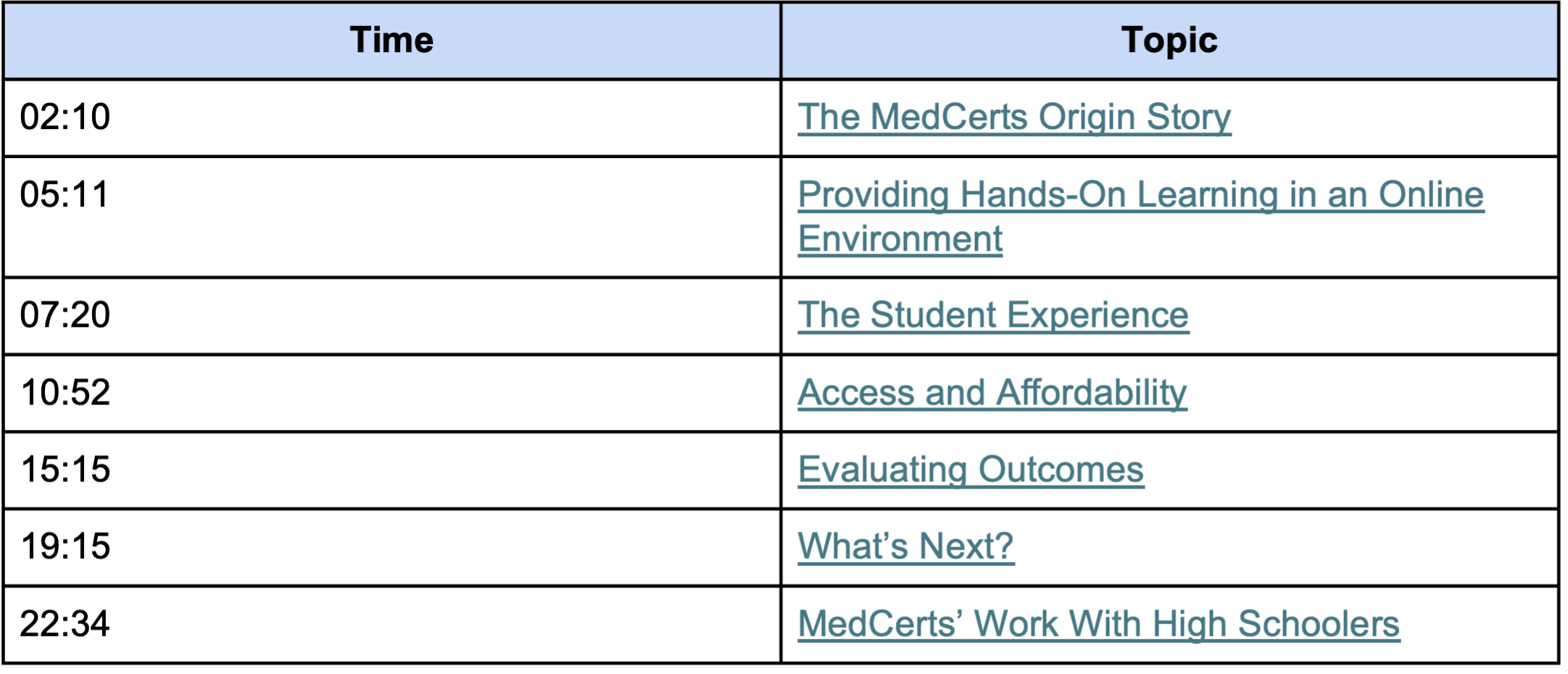Amidst the Chaos, an Opportunity to Build
Description
Macke Raymond, the program director of Stanford’s Hoover Institution’s Program on U.S. K–12 Research and former director of CREDO, joined me to discuss the need for a new “operating system” in American public education. We spent time diving into the recommendations from the Hoover Institution’s recent report, “Ours to Solve Once and for All,” which calls for reimagining the roles of federal, state, and local actors to foster a more adaptive, innovative, and student-centered education system. According to Raymond, given the massive changes at the federal level since President Trump took office, now is the perfect time for this rethinking. According to the report, it’s vital we prioritize incentivizing educational mastery, minimizing rigid mandates, cultivating a dynamic, responsive education workforce, and offering safe learning environments, all of which should start from the grassroots up. Have a listen and let me know what you think in the comments.
The Future of Education is a reader-supported publication. To receive new posts and support my work, consider becoming a free or paid subscriber.
Michael Horn
Welcome to the Future of Education. I'm Michael Horn. And you're joining the show where we are dedicated to creating a world in which all individuals can build their passions, fulfill their potential, and live lives of purpose. And to help us think this through, today, I think we have a repeat guest, if I'm not mistaken, Macke Raymond. She's the program director for Hoover Institution's education work. She was the director of CREDO for many years at Stanford University, the Center for Research on Education Outcomes. And with the Hoover Institute Institution's Education Futures Council, together they put out this terrific report, “Ours to Solve Once and For All, Securing the Outcomes Our Students Need. “That's probably more introduction, Macke, than you need because you've done so much in the world of education.
But first, good to see you. Thanks for joining me.
Macke Raymond
Oh, it's wonderful to be here, Michael. Thanks for inviting me.
Accelerating Change in Education Systems
Michael Horn
Yeah. No. So you wrote this really provocative note to me that sort of. I had written this piece for my substack and Forbes about how disruption of schooling might finally be possible in the world of education savings accounts, because for the first time, families might feel like they're losing out if they aren't exercising their choice in sort of the savings accounts that come with it. So there's this sense of value that's been overlaid with certain states moving in this direction. And then you wrote me and said, well, not only that, but we've been arguing, right, for this new operating system, really, the foundational principles of how education operates in this country, and seen states as sort of the lever against that. But this I'll let you describe in a second. But these changes at the federal level maybe have actually accelerated the timeline over which the recommendations and the thought we had put into that report have become even more relevant quicker than we thought that they would.
So maybe you should lay out the premise because I probably just did a poor job and sort of give us the context for what the report was arguing for in terms of a quote, unquote, new operating system and why the current moment, in the current context perhaps is conducive to that.
Macke Raymond
Well, first, you did a beautiful job setting this up, so thank you. The clarity of your introduction is really helpful for all of this. So we've known for a long time that the current way that K12 public education operates in the United States isn't getting the job done for lots and lots of students. And we would also argue the entire system itself continues to not produce graduates and product that is actually internationally competitive. So we've known that for a long time. We also know that a lot of what we've tried to do to improve education has not worked. And based on some earlier work at the Hoover Institution, we dug into what was behind that. And one of the important conclusions there was that we have created a system that is phenomenally capable of resisting change.
It is intransigent in really, really important ways. And so this brought us to the question of what would it take to actually have a public education system—federal, state and local—that really was capable of adapting, was capable of innovating, was capable of disrupting where it was necessary in order to make sure that students were getting the kinds of academic and non academic preparation that would set them up for success. All, all the things that we want for our kids. How could we think about the system as itself as a lever for doing that? And so the Education Futures Council was brought together to sort of ponder that question. And the conclusion that the Futures Council members came to was that the way in which decisions were made and executed in K12 from the federal and state and local levels were actually a big, big deterrent to effective operation and effective impact on student learning. And that led to then, okay, what would be a better approach to thinking about what we call the operating system? So we're not calling for a different curriculum, we're not calling for a different staffing model. We're not talking about a longer school year or a different school model. We're really talking about how do the institutions themselves work on their own and work together.
And the Futures Council report, “Ours to Solve Once and For All,” posits that there is a possibility of reorganizing what happens at the state and federal level and at the local level in order to create a much better environment for creating conditions for positive learning for students. So that's the purpose of the report. We in a million years would never have expected what we've seen in the last six months. Our initial thinking after the publication of the report, which happened last October, before the election, we thought we were talking about a three to five year timeline of very carefully building a coalition of both advocates and policy leaders to basically try to enable some of these kinds of changes that the report called for. And then the inauguration happened. And within a very short period of time, it became clear that the field of play at the federal level is open for the kinds of disruption that might be possible in order to advance this more productive conversation about the institutional arrangements. You could think of that as a new federalism that we're advocating for. And the conditions have softened at the federal level to the point where this could actually be a constructive conversation.
Michael Horn
I want to dig into a bunch of those parts. Maybe first for the audience, let's lay out, like, as you all see it, what would be the pillars or commitments, I think is the way the report phrases it, of the new operating system. And what would the different actors, local, state, federal, what would be their responsibilities, if you will, in such a system? And maybe once we have that understanding, then I have so many questions for you. So let's start there.
Macke Raymond
We have a limited amount of time, Michael.
Michael Horn
Yeah, yeah, it's true, it's true. So we'll do our best. Yeah.
Macke Raymond
All right. So every single enterprise, whether it's private business, whether it's a social service agency, whatever, they have to have a few operating essentials in order to function. And we call for those as operating essentials for the new operating system. They involve being very clear about what the outcomes are that you want to achieve. And so the report is calling for a broader definition of student success and new measures in order to reflect whether or not we're making progress on those. Second part of that is a regular system of measuring how students are doing. Certainly coming out of the pandemic, we collectively as a nation, care a whole lot more about what students know and can do than we did before. A bad way to get that gift, but I think we can leverage that and move that forward.
And then after a measurement system, we have to be candid about the fact that there's a broad range of performance in the system in schools that we have to acknowledge. If we're committed to making sure that every single child gets the preparation for a life of opportunity, then we have to have accountability. It doesn't have to look exactly the way that it has for the last 25 years, but accountability definitely has to be part of the system. And finally, it sounds like a no-brainer, but we really have to create and assure that there are safe learning environments that are conducive to both instruction and learning. And that's not a trivial thing. So the current debate about cell phones in classrooms, the whole problem of school security, whether it's digital or physical, plays into that. We have to make a commitment that schools are environments in whatever way they actually roll forward.
Decentralized Education Policy Reform
Macke Raymond
They are environments that are safe and conducive to learning. So those are the operating pieces. The commitments are that we need to change the way in which we do business. And over very many years, like 40 now, 45 years, what's happened is that we have created a very strong top down directive process for setting education policy. And it doesn't make sense to us that that should be the case. We have huge variation across the country in terms of what local

